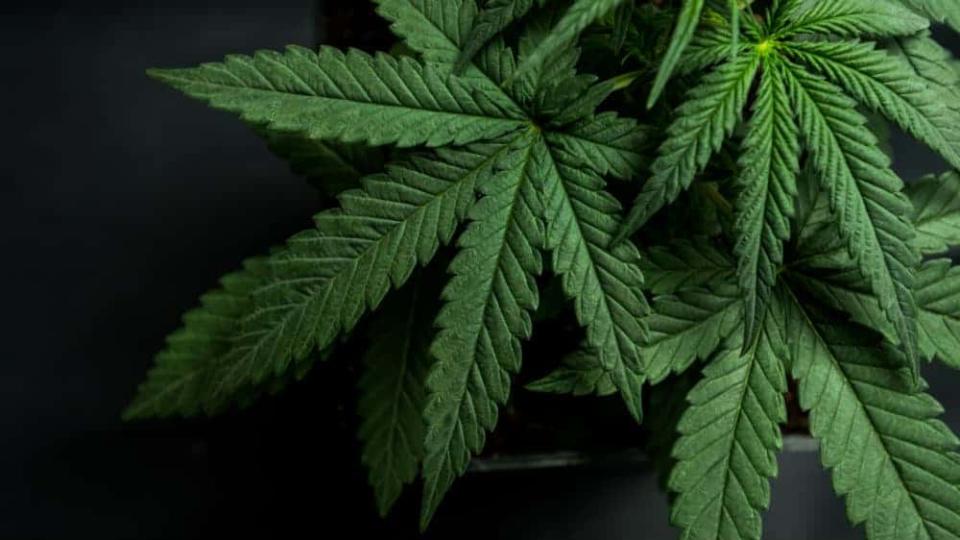Colombia: Poised to Become the World’s Leading Cannabis Growing Jurisdiction

The global legal marijuana industry continues to boom with analysts predicting a massive surge in demand over the next decade and that the global market could expand to be worth US$66 billion by 2025. That represents an annual compound growth rate (CAGR) of 24%, highlighting the considerable growth ahead for an industry that is still in its infancy. While Canada has become the leading producer of global legal marijuana production because it was the first developed nation to legalize the recreational use of cannabis, it may not hold that position for long.
Superior jurisdictions for cultivation
A key problem with cannabis cultivation in Canada is the need for it to be conducted indoors in climate-controlled greenhouses, which is extremely energy intensive and costly. It has been estimated that, on average, to cultivate one kilogram of marijuana indoors produces 4,600 kg of carbon emissions, which is estimated to be proportionally more than other forms of agriculture and far greater than manufacturing or mining activities.
Indoor cultivation uses approximately 10 times the electricity per square foot of greenhouse that it takes to power a standard office building. This is a massive amount of energy and, aside from straining already stretched electricity grids, is indicative of the significant costs associated with marijuana cultivation in North America.
That emphasizes that other jurisdictions with far more favourable climates, geology, and geography possess a significant competitive advantage over Canada and the U.S. for intensive high-quality cannabis cultivation.
Colombia’s competitive advantage
One such jurisdiction is the equatorial South American nation of Colombia. The strife-torn country, which has long been associated with the war on drugs, cocaine trafficking, and violent drug cartels, possesses a climate that makes it possible to effectively cultivate cannabis in outdoor greenhouses.
Cannabis thrives in Colombia’s equatorial climate, where long, even periods of sunlight, temperate conditions, and consistent rainfall makes low-cost outdoor cultivation almost effortless. For decades, marijuana has been grown as a cash crop by various illegal groups, meaning there is an existing pool of labour with multi-generational expertise. The Andean nation’s long tradition of marijuana cultivation in its rich volcanic soils produces iconic globally renowned strains such as Colombian Gold from the Sierra Nevada mountains, Mangobiche, and Punto Rojo.
When that is coupled with Colombia’s low labour costs, clear regulatory environment, and long history of cut flower cultivation, it underscores the significant competitive advantage the equatorial nation possesses. It is estimated that cultivators operating in Colombia can legally produce marijuana at a fraction of the costs of Canadian growers.
One estimate is that a gram of dried flower in Colombia costs US$0.50 to produce, whereas for the last reported quarter it cost Canopy Growth around US$4.81 per gram. Aphria, another leading cultivator, reported that one gram of marijuana had a cash cost of US$1.11 and all-in sustaining costs were US$2.82. Some analysts believe that it only costs US$0.35 to extract one gram of cannabinol in Colombia compared to around US$3 in Canada.
Colombia also has low start-up costs, which, coupled with easily understood licencing, production, and export legislation, further enhances Colombia’s appeal as a destination for marijuana cultivators. Canopy and Aphria have acquired property in Colombia’s rich agricultural departments of Huila and Caldas, respectively, because their climates are well known for coffee, illegal marijuana, and coca cropping.
Pulling it together for investors
While both leading Canadian cultivators offer considerable upside, it is local grower PharmaCielo (TSXV:PCLO) which is shaping up as an exceptional opportunity with 15 million square feet of cultivating and oil processing facilities. It has first-mover advantage in Colombia and is one of the few licensed cultivators authorized to produce CBD-dominant and THC-dominant cannabis as well as having distribution agreements in Mexico and Italy.
PharmaCielo recently announced that it was acquiring Creso Pharma for around $113 million. On completion, this will allow the cultivator to turn its Colombian production into sales, give it a licensed Canadian production facility, and add established sales channels into 13 markets globally. This positions PharmaCielo to benefit from the impending legalization of cannabis edibles, extracts, and topicals in Canada on or before October 17, 2019, which analysts estimate will add $2.7 billion to the domestic market.
More reading
Get $290 a Month in Passive TFSA Income From This Reliable REIT
How a Canadian Couple Can Turn $12,000 in TFSA Contributions Into $135,000
Fool contributor Matt Smith has no position in any of the stocks mentioned.
The Motley Fool’s purpose is to help the world invest, better. Click here now for your free subscription to Take Stock, The Motley Fool Canada’s free investing newsletter. Packed with stock ideas and investing advice, it is essential reading for anyone looking to build and grow their wealth in the years ahead. Motley Fool Canada 2019

 Yahoo Finance
Yahoo Finance 